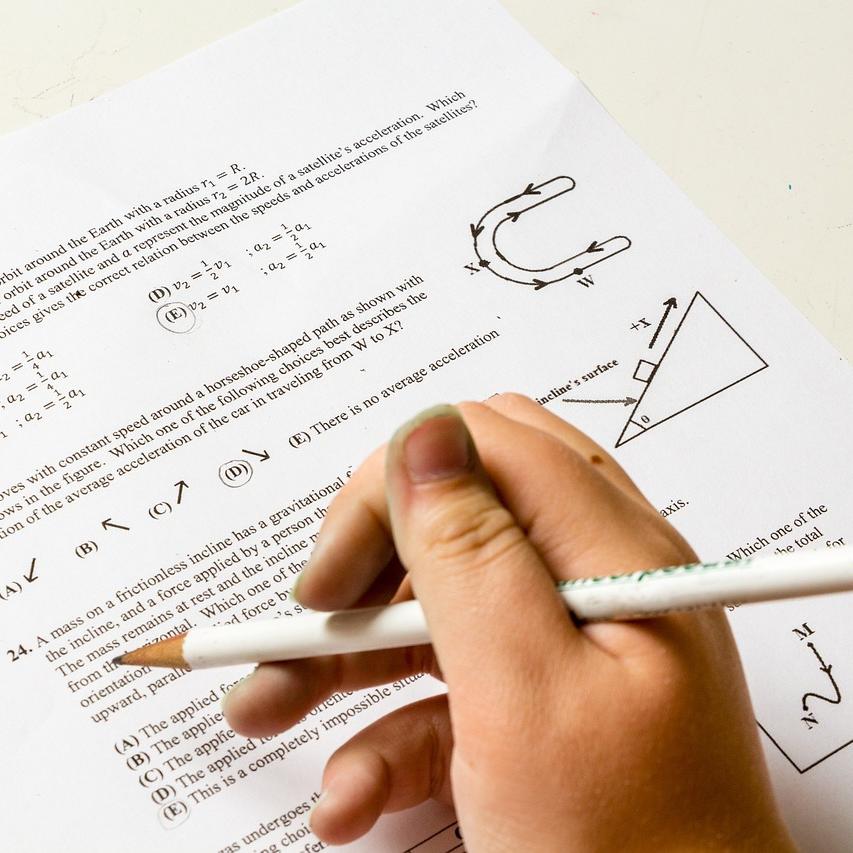How to Manage Test Anxiety and Improve Exam Performance
Exams are a universal rite of passage that can provoke anxiety in students of all ages. Test anxiety is a common phenomenon that manifests as feelings of apprehension, fear, and stress before or during a test. While some level of anxiety can serve as a motivational tool to enhance performance, excessive anxiety can be debilitating, hindering both recall and reasoning abilities. Here, we explore practical strategies to manage test anxiety and boost exam performance.
Understanding Test Anxiety
Before delving into management techniques, it is essential to recognize the symptoms and causes of test anxiety. Common symptoms include a racing heart, sweaty palms, difficulty concentrating, negative self-talk, and feelings of dread. Test anxiety can stem from various sources, such as a lack of preparation, fear of failure, or previous negative experiences with exams.
Effective Strategies for Managing Test Anxiety
1. Preparation and Practice
One of the most effective ways to combat test anxiety is through thorough preparation. Knowing the material well can boost confidence:
-
Start Early: Avoid last-minute cramming by starting your study schedule well in advance. Break down the syllabus into manageable sections and tackle them over time.
-
Simulate Exam Conditions: Practice with past test papers or sample questions under timed conditions to mimic the exam environment.
-
Active Learning Techniques: Engage in active study methods such as teaching the material to someone else, using flashcards, or forming study groups for discussion.
2. Develop a Positive Mindset
-
Affirmations and Visualization: Use positive affirmations to reinforce confidence. Visualize yourself successfully completing the exam and receiving a good grade.
-
Challenge Negative Thoughts: Identify negative self-talk and counter it with positive and rational thoughts, reminding yourself of your preparation and effort.
3. Maintain a Healthy Lifestyle
-
Sleep: Prioritize adequate sleep, especially in the days leading up to the exam, as sleep is crucial for memory consolidation and cognitive function.
-
Nutrition: Fuel your brain with a balanced diet rich in fruits, vegetables, whole grains, and lean proteins. Stay hydrated, and limit caffeine intake before the exam to reduce anxiety.
-
Exercise: Engage in regular physical activity to release endorphins, which help reduce stress.
4. Relaxation Techniques
Incorporate relaxation techniques into your routine to manage stress levels:
-
Deep Breathing: Practice deep breathing exercises to calm your nervous system. Inhale slowly through your nose, hold for a few seconds, and exhale slowly.
-
Progressive Muscle Relaxation: Tense and then relax different muscle groups in your body to relieve physical tension.
-
Mindfulness Meditation: Engage in mindfulness practices that focus on the present moment, helping to reduce anxiety and improve concentration.
5. Exam-Day Strategies
-
Arrive Early: Give yourself ample time to reach the exam location to avoid unnecessary stress from rushing.
-
Read Instructions Carefully: Begin the exam by thoroughly reading all instructions and questions to avoid misunderstandings.
-
Time Management: Allocate time wisely for each section and question, allowing time for review.
-
Stay Calm: If you sense panic setting in during the exam, pause to take several deep breaths or a brief mental break before proceeding.
Seeking Professional Help
For some, test anxiety can be severe and may require professional intervention. If anxiety significantly impairs your ability to perform well despite self-help strategies, consider seeking assistance from a school counselor or psychologist.
Conclusion
Test anxiety is a manageable condition, and by implementing the right strategies, you can not only alleviate anxiety but also enhance your exam performance. With adequate preparation, a healthy lifestyle, and a confident mindset, exams can become a chance to demonstrate your learning rather than a source of stress. Remember, an exam is just one step in your educational journey, and your self-worth extends beyond any test result.






















